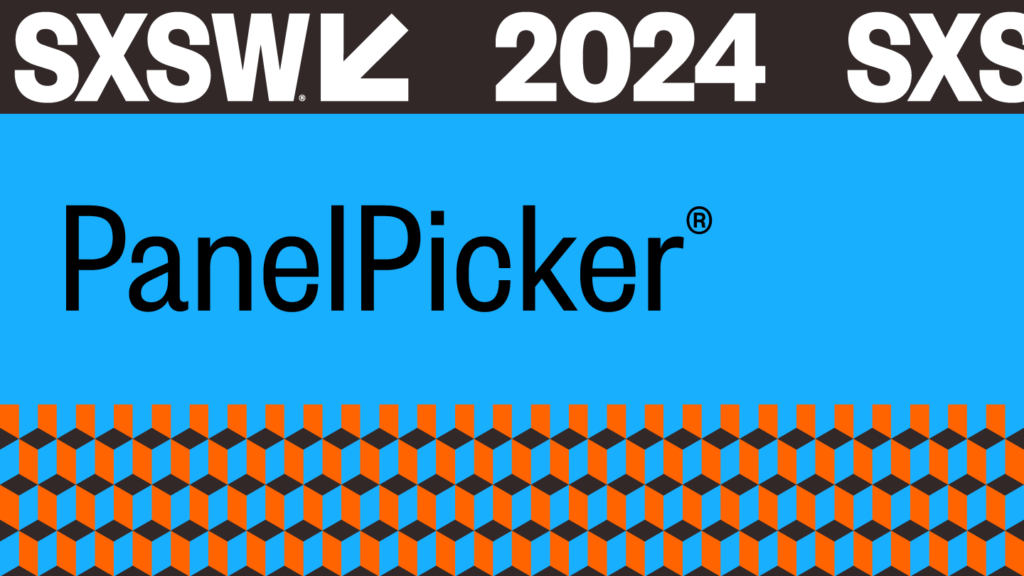Support TERC’s SXSWEdu Proposals – Your Vote Matters!

TERC has submitted 3 exciting proposals for SXSWEdu, and we need your support to make them a reality. Participate in the SXSW PanelPicker® Community Voting from August 8-20 and help shape the 2024 Conference programming for SXSW and SXSW EDU.
How to Vote:
- Visit the link for each of our proposals below. You can also visit panelpicker.sxsw.com/vote and filter proposals by conference, title, tags, and more.
- Sign in or create an account.
- Choose “arrow up” for yes.
- Engage in the Comments section with questions and feedback.
- Your vote makes up 30% of the final programming decision.
Co-Designing AR & VR with & for Neurodiverse Learners
Co-design is authentically engaging stakeholders throughout the design process. A panel of neurodivergent and neurotypical education researchers and designers will share what they’ve done and learned about conducting successful co-design processes across multiple STEM-education projects, funded by the National Science Foundation, including recent work focused on designing augmented and virtual reality with and for neurodivergent learners, offering actionable insights for conducting successful co-design.
Designing & Developing an Accessible STEM-based VR Game
The leads of an education design team and a VR development team will discuss how they worked together on a National Science Foundation project (#2005447) to create a virtual reality (VR) game that’s a) accessible to a broad audience, including neurodivergent players and others with sensory, attention, or social challenges, b) fun to experience and play, and c) educationally worthwhile, building players’ awareness of and interest in STEM. They’ll share examples of how their different perspectives and expertises combined to shape the game, as well as lessons learned about accessible VR design.
Neurodiversity in STEM: Uniquely Talented Problem Solvers
Today’s global issues need innovative STEM problem solvers—systematic thinkers who pay attention to detail, creative thinkers who take new perspectives, and non-conformists who speak up no matter what others think. These problem solvers are out there. They are in our classrooms, but they often have IEPs and are called learning disabled. We try too hard to fix these learners rather than nurturing their talents. This talk is a call to change the way we think about educating learners who think differently—neurodivergent learners—to unleash their hidden talents in STEM problem solving.
